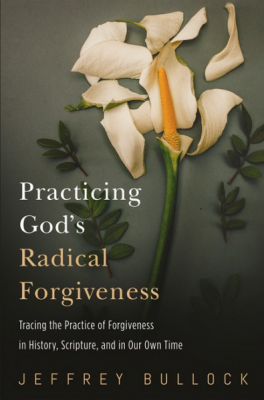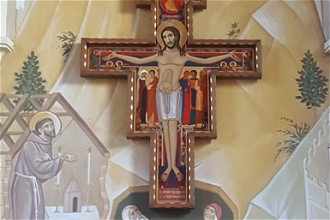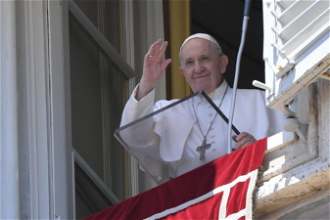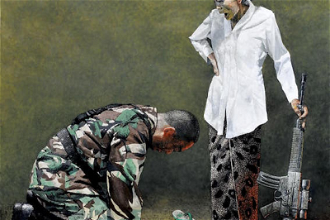Book Review: Practicing God's Radical Forgiveness

What does forgiveness mean? The notion of forgiveness has evolved over the centuries, and yet it remains prized by both perpetrators and victims. The distinguished American theologian Jeffrey Bullock explores three forms of forgiveness: the personal or therapeutic, the communal, such as when a society tries to mend itself after conflict, and the divine, which is "the unexpected, the uninvited, and perhaps for some people, unwelcome act of forgiveness" by God.
Bullock begins with the need for personal redemption, common to so many of us who are tormented by our past sins. Citing the testimony of survivors of the Rwandan genocide, he discusses the importance of letting go of resentment for one's own mental well-being.
The second strand is reconciliation and community-building that may involve restitution or the settling of differences. This makes it possible for a country or a community to rebuild after war, theft, or betrayal. Not surprisingly, many charities now try to support reconciliation projects in regions where there has been civil war, or where they fear hostilities will erupt. This can involve using traditional rituals of restitution, mediation, or committees of inquiry into past iniquities. At a rather mercenary level, the international community recognises that it offers better value for money than fighting devastating wars. Bullock gives examples of communities struggling with past horrors such as South Africa's truth and reconciliation commission, under the leadership of Archbishop Tutu. This may have a transactional aspect to it, providing the tools to eliminate anger and the resentment that "burdens daily life." But if it leads to an absence of war then most of us would not quibble with the process.
The third, and perhaps most nebulous strand is divine forgiveness, sourced from a God that has "unlimited freedom and power to forgive" us. It is the gift of the cross, and the sacrifice made by Jesus for all humankind. Bullock stresses he is not talking about Original Sin, but about our love of self or idolatry that may stand in the way of our acceptance of the full power of our relationship with God. He asks that if we take one thing away from his book, it is that God has already forgiven us, even before we knew we needed to be forgiven. It is a challenging read, and one that will cause you to put it to one side as you think through its arguments. But it is ultimately uplifting and optimistic.
Practicing God's Radical Forgiveness, by Jeffrey Bullock, Cascade Books.
https://wipfandstock.com/practicing-god-s-radical-forgiveness.html


















